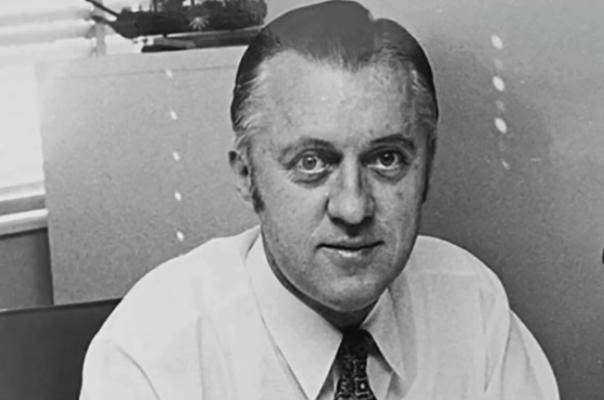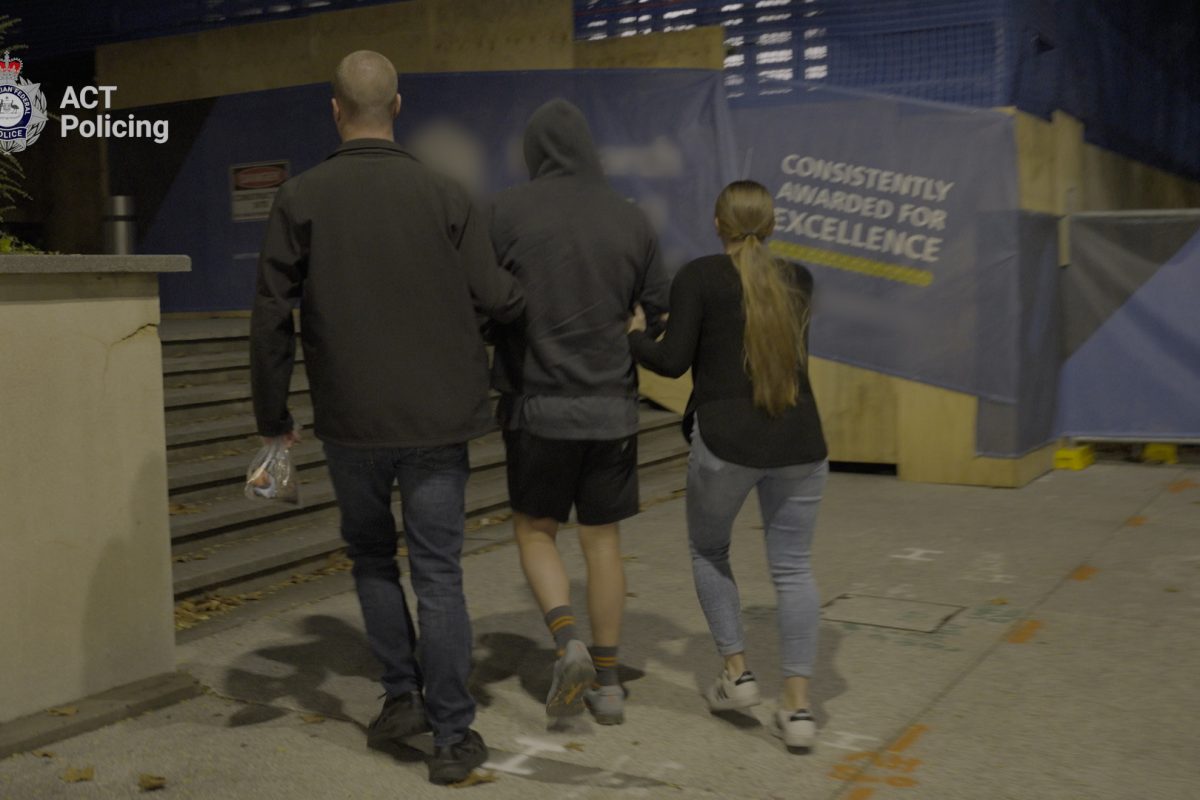
By Miranda Forster in Brisbane
FORMER Queensland police commissioner Terry Lewis was one of the state’s most controversial figures, whose spectacular fall from grace defined the reforms of the corruption-busting Fitzgerald inquiry.
His jailing, along with three government ministers, heralded the end of an era of widespread official misconduct and graft in Queensland.
The once-styled Sir Terence Murray Lewis was among the most high-profile victims of former judge Tony Fitzgerald’s landmark 1987-89 inquiry.
The state’s youngest police commissioner and holder of a knighthood for services to the force was denounced as a traitor to his oath after he was convicted of receiving hundreds of thousands of dollars in bribes.
Yet Lewis maintained his innocence right up until his death on Friday, May 5, aged 95.
Born on February 29, 1928, Lewis was an unlikely police commissioner.
He was raised in a working-class family and left school at 12 before drifting between various employers until he joined the police force at 20.
Known as a hard and diligent worker, in just two years Lewis was in plain clothes and working for the Criminal Investigation Branch (CIB).
Later he would be put in charge of the Juvenile Aid Bureau, where he won a Churchill Fellowship to study policing techniques overseas.
It was in the CIB that Lewis grew close to corrupt police commissioner Frank Bischof and bribe-taking “Rat Pack” officers Tony Murphy and Glen Hallahan.
In a scam known as “the Joke”, the Rat Pack collected protection money from brothels, gambling dens and illegal bookmakers in exchange for turning a blind eye to the illicit activities.
It was widely rumoured Lewis was Bischof’s bribe-collecting “bagman”; a claim Lewis always denied.
In 1976, Lewis was an inspector in Charleville when he was plucked from obscurity by then-premier Sir Joh Bjelke-Petersen and appointed to the rank of assistant commissioner.
The controversial move saw the officer leapfrog 106 officers of equal rank and 16 of higher rank, and outraged then-commissioner and corruption fighter Ray Whitrod.
Whitrod’s subsequent resignation opened the door for his assistant to claim the top job at the age of 48.
During his 11-year tenure, the commissioner was forced to weather claims he politicised the police force and enforced Sir Joh’s controversial legislation, including anti-street march laws.
He also accepted many accolades.
They included the Queen’s Police Medal, an Order of the British Empire (OBE), the National Medal and Queensland Father of the Year.
The honours were added to Lewis’ George Medal for gallantry awarded to him in 1960 for disarming and apprehending a man.
His career reached its zenith in 1986 when he became the first serving Australian police officer to be awarded a knighthood.
That honour proved to be short-lived.
The following year, media reports prompted Fitzgerald’s watershed inquiry into police corruption.
When ex-assistant commissioner Graeme Parker, once Lewis’s right-hand man, admitted to bribe-taking, the commissioner’s days were numbered.
Lewis was suspended in 1987 and ultimately sacked in 1989 after former police officer Jack Herbert confessed at the inquiry to having been Lewis’ bagman.
It was said the commissioner received more than $600,000 in graft payments between 1978 and 1987.
In 1991, a Brisbane District Court jury found Lewis guilty of 15 charges of corruption, perjury and forgery.
The once powerful and influential state figure was sentenced to 14 years in prison and stripped of his knighthood, OBE and Queen’s Medal.
Lewis served just under seven years before he was paroled.
Having been stripped of a superannuation payout, Lewis and his wife Hazel lived out their twilight years in Brisbane as humble pensioners, aided by the financial support of some of their five children.
Hazel Lewis stood by her husband until her 2009 death following a long illness.
In a rare interview, Lewis claimed in 1996 he had been a scapegoat for two “politically ambitious” men whom he did not name.
“I’m hopeful that in the long run, I will be vindicated,” he said at the time.
That vindication never came.
Who can be trusted?
In a world of spin and confusion, there’s never been a more important time to support independent journalism in Canberra.
If you trust our work online and want to enforce the power of independent voices, I invite you to make a small contribution.
Every dollar of support is invested back into our journalism to help keep citynews.com.au strong and free.
Thank you,
Ian Meikle, editor





Leave a Reply